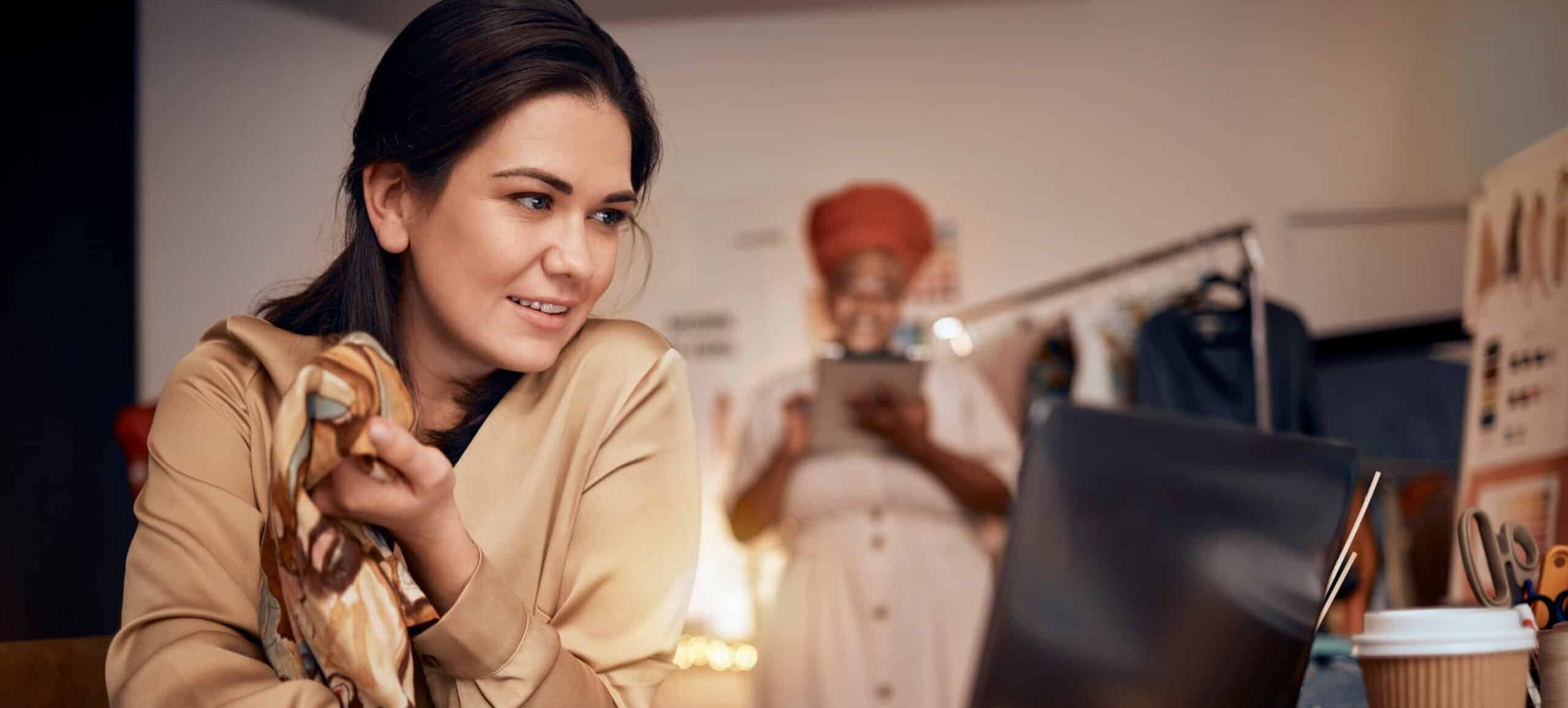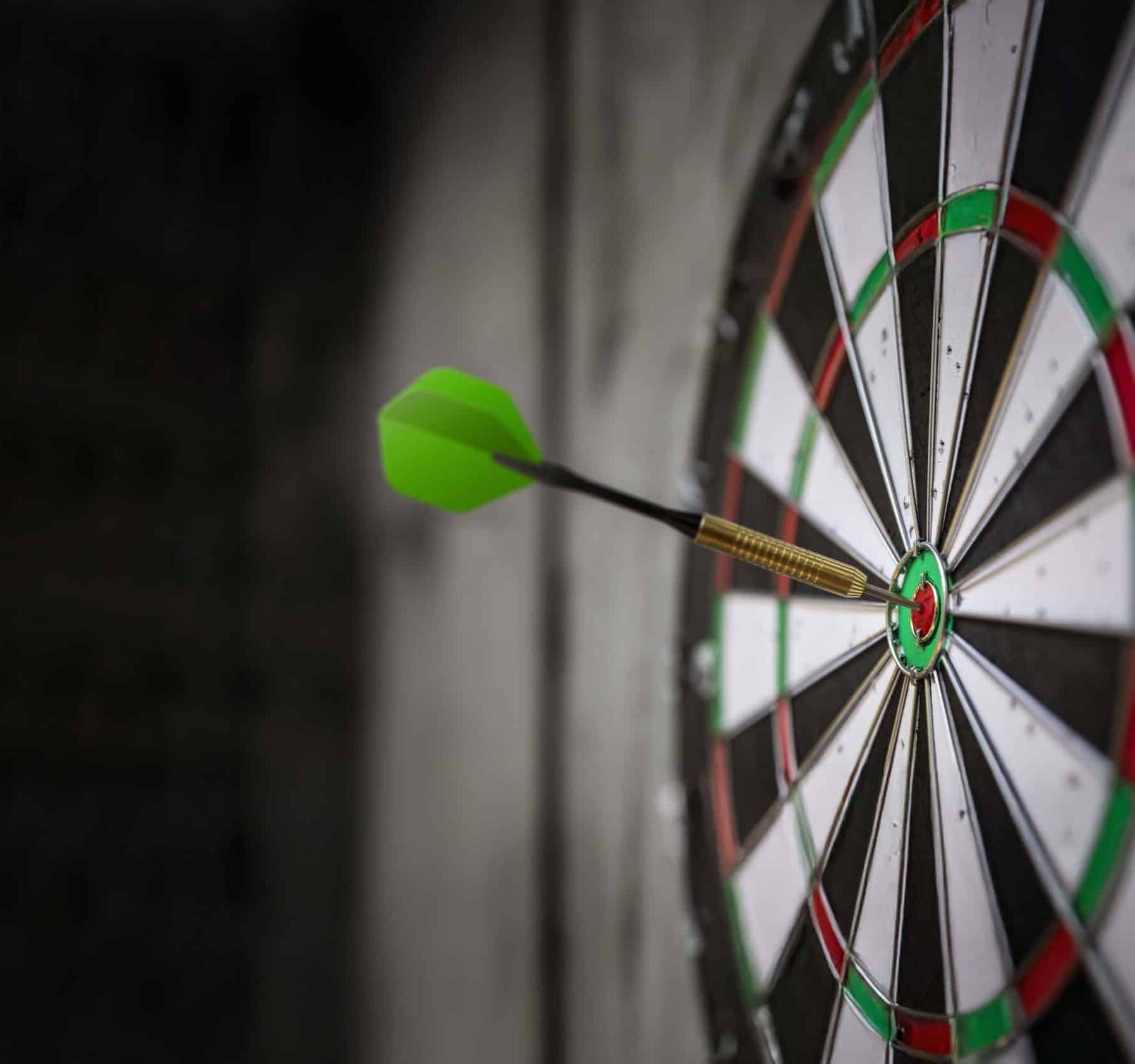How do you use motion graphics to engage your audience?
You have a product, a message, a solution to share with the world. But how do you get the attention of your target audience with so much noise online? One way is to use motion graphics to engage your audience.
Executed properly, motion graphics will not only engage your audience, motion graphics will also hold their attention and ensure they remember and react to your brand the next time they come across it.
And the time after that.
And the time after that.
What are Motion Graphics?
Motion graphics is a type of animation. Basically, it means graphics that move whether that movement comes from the images, icons, text, or other branding assets you’re using.
As well as being able to capture and hold the viewer’s attention better than ‘flat’ content, one of the main reasons brand owners like motion graphics is the additional creative freedom they offer. You don’t have to stick to what you photograph or draw. You can quite literally do anything (if, of course, you have access to the required skillset).
Another reason motion graphics are so popular is they allow you to simplify even the most complex messages for any audience. Because the internet and social media are so crowded, the benefit of getting your key messages across as quickly, simply, and effectively as possible cannot be overlooked.
There are three main types of motion graphics, kinetic typography, 2D animation, and 3D animation.
Kinetic typography uses of typeface and motion to make its point. It’s probably best for videos that contain a lot of information.
2D animation manipulates elements on a flat surface so that the designer can create bespoke characters and context that look like they belong in the real world.
3D animation is similar but uses three dimensions, so the designer’s creations look like they are in the real world which means it’s arguably better suited to gaming graphic design.
Why are motion graphics better at engaging audiences?
The dynamic nature of motion (and accompanying sound and greater creative freedom) is the best way to engage viewers. It’s been proven! The reasons why it is more engaging include:
It’s easier to absorb
Visual information is processed approximately 60,000 times faster than written text. That means that people are not only more attracted to it, but they are also more likely to take it in immediately.
It creates a stronger personal connection
Visual content creates a stronger connection than text can. You need to read text and think about it, motion gives you what you need there and then which makes it more attractive. Motion is also a lot warmer, it does stuff, it draws you in and it entertains …
… text just sits there waiting for you to do the work!
It’s cheaper
Video is expensive. You need kit and people to operate it then edit what you shoot. Animation can be done on a decent lap-top by one person in one sitting. This makes it a much cheaper (and quicker) option.
It’s more flexible than video
Most videos feature either people talking or a tour of a location, motion graphics can be both. They can also be used for explainers (make complicated things easy to understand), product demos, infographics (making lines of numbers, data, or stats easier to digest) or to tell a brand’s story and stories always connect in a deeper emotional level.
If you’d like to experiment with motion graphics our 5-step easy start guide may be helpful:
- Work out what approach you need to adopt to communicate with your target audience.
- Refine your message (shorter is best and if there’s no message your motion won’t work however clever the animation is).
- Have a clear and specific goal (always start with the end in mind, it’ll guide the whole process).
- Write a strong brief (‘brief’ is the most important adjective there!)
- Pick the right tools (the right designer as much as the right design packages).
Or if you want us to help you experiment with motion graphics, drop us a line and we’ll set you up with one of our experienced motion designers.


